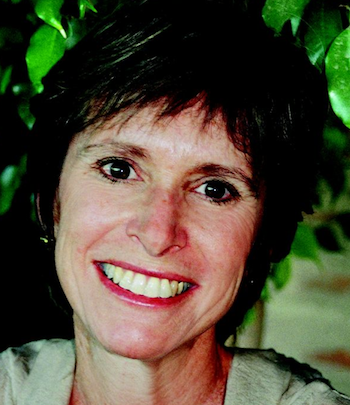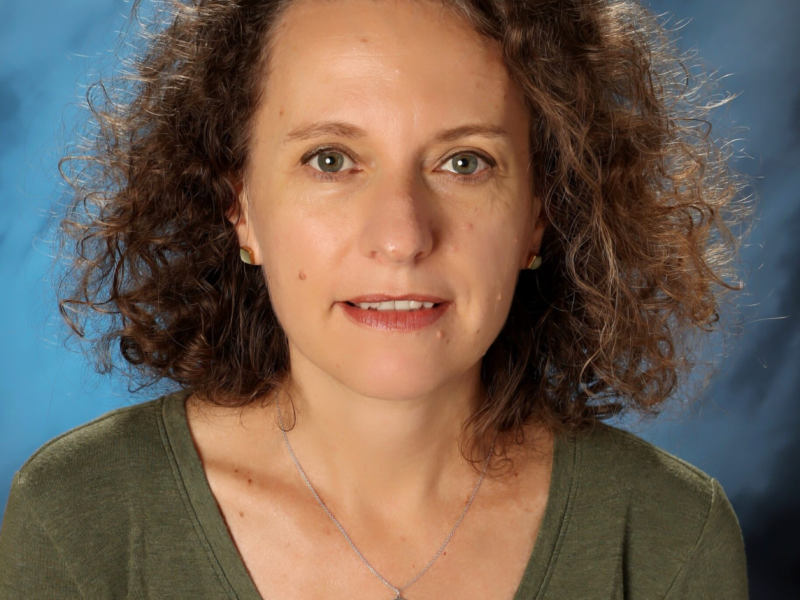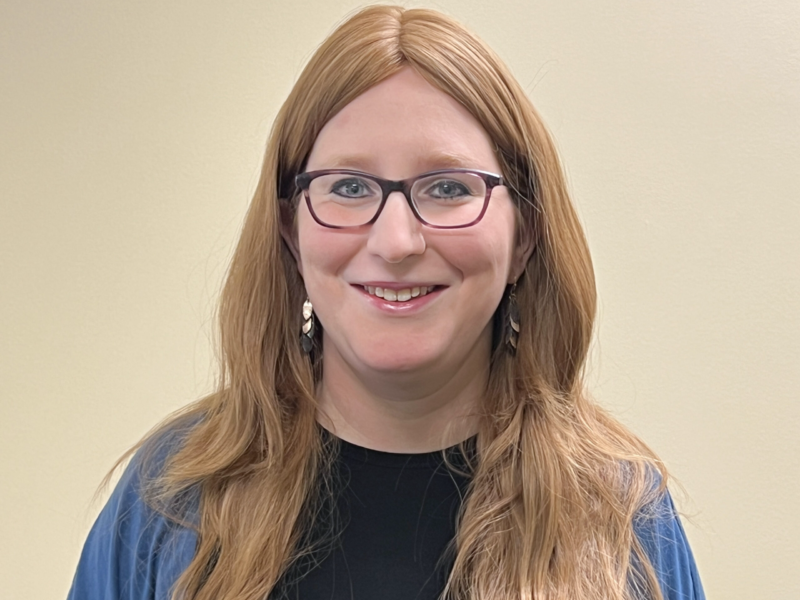
The year was 1976: America celebrated its 200th birthday, Alex Haley published Roots, the Dow Jones closed at 1004, and I arrived in Tucson with a backpack, a college degree and $80 in my pocket. My parents were less than thrilled with my postgrad decision to hitchhike across the country to “find myself.”
Tucson was, and still is, a truly welcoming community, and it didn’t take long to feel at home. The mountains and desert air intoxicated me in a way I hadn’t felt since my junior year in Israel. Everyone I met offered help and suggestions about places to live, jobs to find and the best places to eat under $3. But it didn’t take long before my wanderlust turned to wonder-lust. I wondered, long and hard, about what I would actually do with a bachelor’s degree in psychology and no real skills other than waitressing tables and acquiring a serious tan.
I don’t remember much from my 20s (not because I didn’t inhale, but because my memory is getting hazy), but one thing stands out: volunteering did more to positively direct and influence my choices than almost anything else. It may be the best-kept secret of all time, one that deserves a great big shout out for most of us who struggle to figure out who we want to be “when we grow up,” but it’s true.
I started with what I knew and felt most comfortable with – food. As I shelved and bagged organic products at the food co-op, I met wonderful people and learned more about Tucson than any guidebook could ever tell me. Next I volunteered at the Second Street School, where I heard about another volunteer opportunity working with kids at a counseling center. That position actually led to a paying job when a parent asked me to work privately with her disabled daughter. We didn’t call it network- ing in those days, but that’s exactly what it was: a pathway to the people, places and opportunities that would indelibly affect my efforts to define myself and determine a career.
The most significant experience was my volunteer stint as an intake-receiving officer at the Juvenile Court Center. This required extensive training from some of the finest professionals in the juvenile system, and while the hours were long and the work demanding, the rewards were great. It was in those offices in the fall of 1976 that I decided to apply to law school so I could better understand the legal system, with the hope that I might help those entangled in it.
The concept of helping others, of giving of our time, re- sources, talents and money to those in need, is one of the pillars of Judaism, based upon core values like chesed (compassion), tzedek (justice) and tikkun olam (repairing the world). The idea that we are partners with God in the continuing creation of the world and therefore have an obligation to repair what is broken informs much of the work of Jewish philanthropy.
At a time when funding for so many of our community needs – from healthcare and education to employment and housing – is being cut, resulting in serious staff and service reductions, it is more important than ever to volunteer. Yet, according to a recent study by the National Conference on Citizenship, 72 percent of Americans report that they have reduced the time they spend volunteering, largely as the result of the recession and a need to look out for themselves. The findings amount to what the report’s authors called “a civic depression.”
The paradox of volunteering is this: the more you give, the more you are given –personally, psychologically and professionally. Helping others who have problems or needs greater than your own can provide a perspective about your own life that contributes to a more positive attitude or sense of self-worth. Informal networking can lead you in new directions and open doors you never knew existed. It is truly a win-win situation as everyone – the giver, the recipient, those inspired by your efforts – comes out ahead.
Winston Churchill said it beautifully with these words: “We make a living by what we do, but we make a life by what we give.” Today, more than ever before, we should heed his message.
Amy Hirshberg Lederman is an author, Jewish educator, public speaker and attorney. Her columns have won awards from the American Jewish Press Association, the Arizona Newspapers Association and the Arizona Press Club for excellence in commentary. Visit her website at amyhirshberglederman.com.





